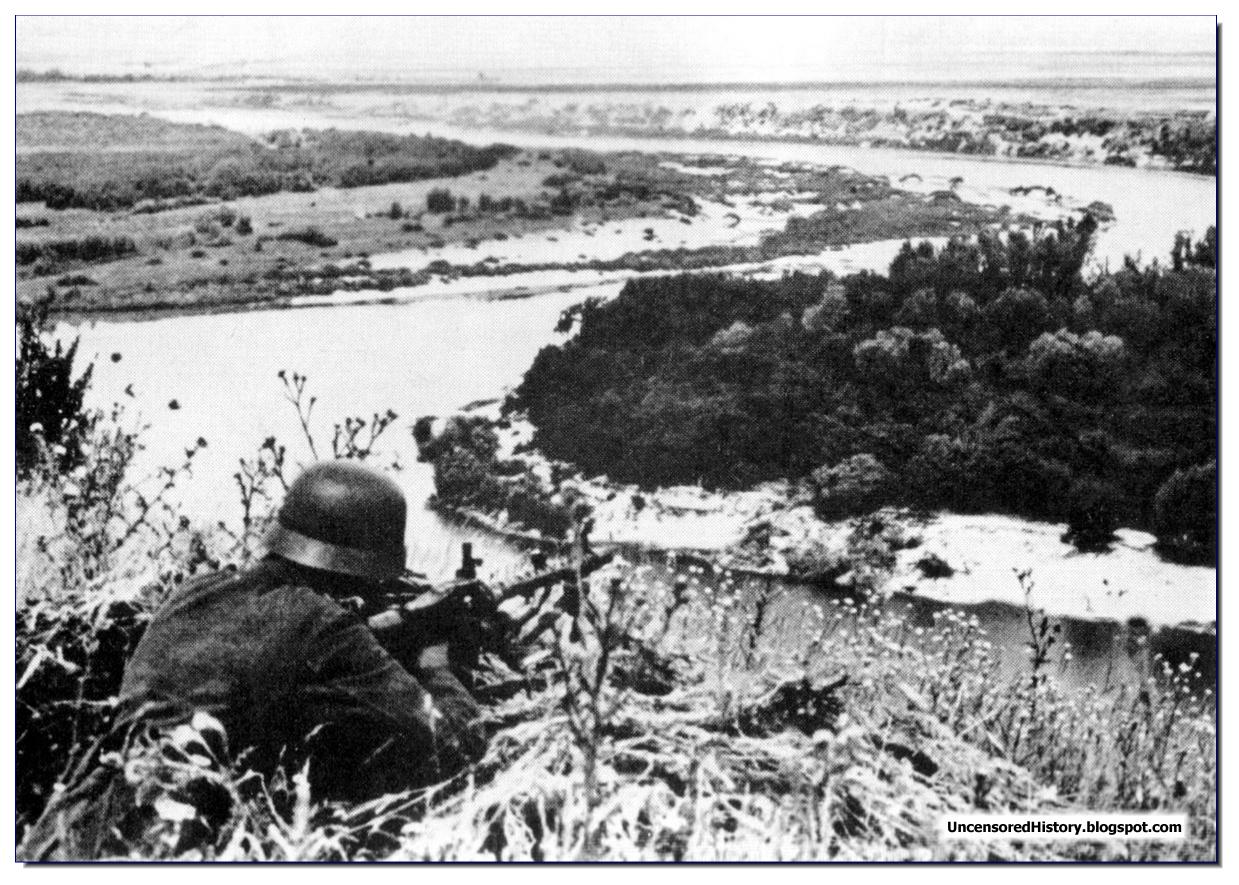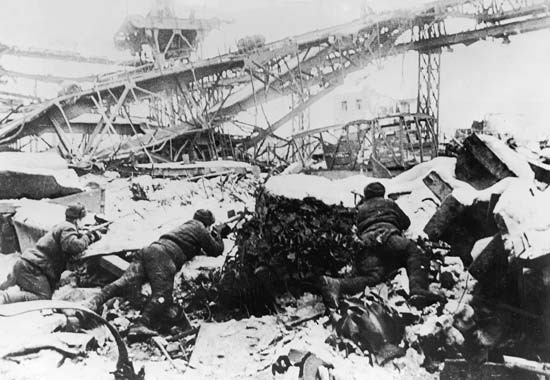
JOSEPH STALIN , the dictatoR f Russia in 1914during the time whEN
Hitler ordered German ARmy to attack the city of Stalingrad
SSTALIN ORDERED... No one is permitted to retreat tfrom th he battle including civillians and women all of us shalll holdthe ground No step backward against the enemy

Hitler, dictator of Germany



In June 1941 Hitler ordered a surprise invasion of the Soviet Union, and for most of the next year the German army routed the Soviet troops, capturing thousands of square kilometers of their country in the process.

In August 1942 the German VI Army had pushed all the way to the banks of the Volga River, near the industrial heartland of the RussiaUSSR. Once captured, the Nazis could sever the Volga, and potentially destroy Moscow’s ability to continue fighting. All they had to do was take one more city. Stalingrad


Though Stalingrad carried significant military importance, the psychological importance both leaders placed on the city elevated it to a level of importance above perhaps even the capital city of Moscow. The price both armies were willing to pay to possess it transcended military utility and entered fully into the category of obsession.
he Germans made substantial and rapid progress in conquering the city. The Nazis attacked the city and its defenders with almost uncontested

Hitler took particular interest in capturing the city as a personal hit on the Soviet leader. Stalin likewise placed great importance on holding the city to prevent Hitler from capturing the city carrying his name.
By early September 1942 the Germans were still making progress, but the rate of advance had slowed considerably. As a result of the enormous bombardment, the city and its buildings had been pulverized into one giant heap of rubble



When we got to Stalingrad, there were 140 of us, but by September 1, after two weeks of battle, only 16 remained. All the rest were wounded and killed. We don’t have a single officer, and the non-commissioned officer had to take over the command of the division. Up to a thousand wounded soldiers a day are taken back to the rear from Stalingrad. . . .”
Walang komento:
Mag-post ng isang Komento